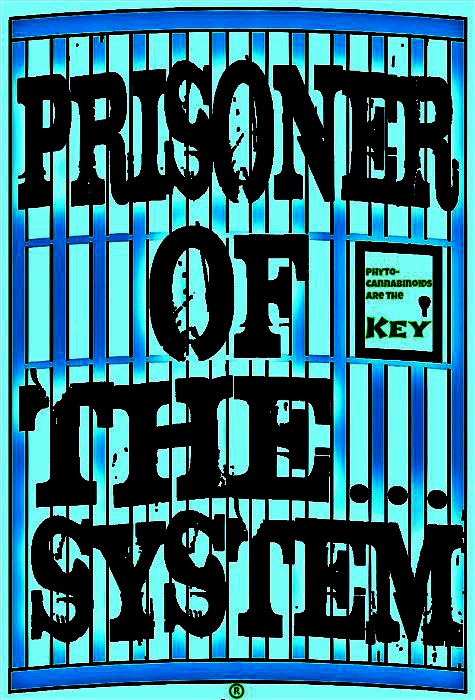2008 Sep;14(9):923-30. doi: 10.1038/nm.f.1869. Epub 2008 Sep 5.
 Endocannabinoid signaling as a synaptic circuit breaker in neurological disease.
Endocannabinoid signaling as a synaptic circuit breaker in neurological disease.
Abstract
Cannabis sativa is one of the oldest herbal plants in the history of medicine. It was used in various therapeutic applications from pain to epilepsy, but its psychotropic effect has reduced its usage in recent medical practice. However, renewed interest has been fueled by major discoveries revealing that cannabis-derived compounds act through a signaling pathway in the human body. Here we review recent advances showing that endocannabinoid signaling is a key regulator of synaptic communication throughout the central nervous system. Its underlying molecular architecture is highly conserved in synapses from the spinal cord to the neocortex, and as a negative feed-back signal, it provides protection against excess presynaptic activity. The endocannabinoid signaling machinery operates on demand in a synapse-specific manner; therefore, its modulation offers new therapeutic opportunities for the selective control of deleterious neuronal activity in several neurological disorders.
- PMID:
18776886
[PubMed – indexed for MEDLINE]
Publication Types, MeSH Terms, Substances, Grant Support
Publication Types
MeSH Terms
- Cannabinoid Receptor Modulators/metabolism*
- Cannabis/chemistry
- Central Nervous System/physiology*
- Endocannabinoids*
- Humans
- Nervous System Diseases/physiopathology*
- Signal Transduction/physiology*
- Synaptic Transmission/physiology*
Substances
Grant Support
LinkOut – more resources
Full Text Sources
Other Literature Sources
Medical

